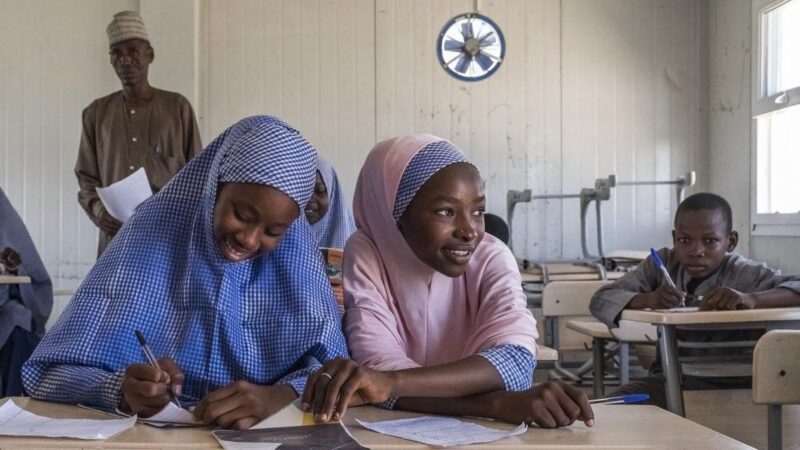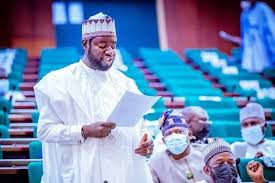Kano state government has adopted a Gender-Responsive Education Budgeting (GREB) framework document designed for equitable and inclusive expenditure that will give priority to the education of Girl-Child in the state.
The document which was prepared by Bridge Connect Africa Initiative (BCAI), a Kano based NGO, with support from the Malala Fund, is expected to translate into more enrollment of girls at the basic and secondary levels of education.
The document’s adoption was overseen by Suwaiba Saad Ahmad, the minister of state for education, during the Kano Girls’ Education Summit, which concluded over the weekend at the Dangote Business School, Bayero University, Kano.
The summit, organised under the Bridging Access to Girls’ Education (BAGE) project with the theme: ‘Investing in Her Future: Advancing Girls’ Education through Equitable Budgeting’, brought together policymakers, education stakeholders, traditional and religious leaders, development partners and civil society groups to deliberate on sustainable strategies for financing girls’ education.
In his address, Sani Mohammed, executive director of BCAI, represented by Fatima Musa-Aliyu, the organisation’s chief operating officer, said the summit reaffirmed a collective vision for inclusive and transformative education in Kano.
“At BCAI, we believe that education is more than a policy priority—it is a shared promise of dignity, opportunity and hope,” he said.
Muhammad said BCAI’s experiences across Northern Nigeria have shown that education, especially for girls, is a powerful tool for community transformation.
He added that through collaboration with the Kano State Government and the support of the Malala Fund, the summit was able to shift discussions from access to accountability, and from policy to real transformation.
One of the major highlights of BCAI’s intervention, he noted, is the introduction of the Gender-Responsive Education Budgeting (GREB) Framework, designed to enhance equity, transparency and accountability in education financing.
“The real success of this framework lies in its adoption and implementation by government, educators and communities. The future we seek for girls in Kano must be built collectively through leadership and shared responsibility,” he added.
Earlier in her speech, Nabila Aguele, chief executive officer of the Malala Fund Nigeria, represented at the occasion, commended the Kano State Government for adopting the GREB framework, describing it as a major milestone in promoting gender equity in education.
“This is a vital step towards building an inclusive and resilient education system that leaves no girl behind,” she said, reaffirming the Malala Fund’s continued support to the state and civil society partners in ensuring every girl has access to quality education.
On his part, Ali Haruna-Makoda, Kano State Commissioner for Education, reiterated the government’s commitment to equitable education, describing it as key to social and economic transformation.
He noted that following the declaration of a state of emergency on education, the state increased its education budget from 29.75 percent in 2024 to 31.5 percent in 2025.
According to him, the government has restored boarding facilities in girls’ schools, recruited teachers, and provided free uniforms and transportation to boost enrollment and retention.
“We have rehabilitated over 70 percent of the girls’ shuttle buses, expanded infrastructure across all 44 local government areas, and prioritised privacy-friendly facilities such as toilets for female students,” the commissioner said.
Read also: Oyo govt urges youths, students to embrace modern agricultural practices
He added that over 16,700 school security guards had been approved for recruitment across the state’s 44 LGAs under the Safe School Initiative to enhance student safety.
The summit also featured discussions on policy reforms, financing accountability, grassroots participation and collaborative approaches for sustaining progress in girls’ education.
The BAGE project, implemented by BCAI with support from the Malala Fund, seeks to promote equitable education financing and drive sustainable reforms that empower girls in Kano to learn, lead and thrive.








